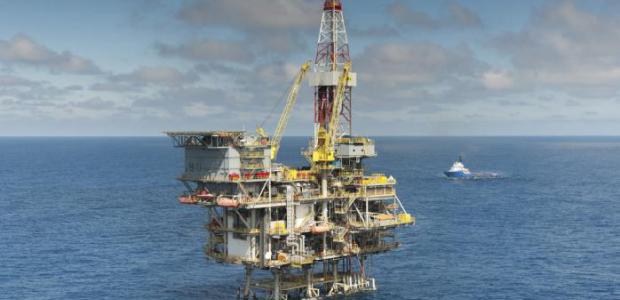The Production Reconstruction, Environment and Energy Ministry, which recently extended a tender deadline for twenty offshore blocks in the Ionian Sea, western Greece, and south of Crete, by two months to mid-July, appears determined to expand its search for prospective investors beyond more customary regions.
Following up on promotional campaigns carried out by officials of the country’s previous administration last year, whose itinerary featured London and the USA, the recently elected government’s ministry is apparently preparing a road show to include Spain, Brazil, and Venezuela, not to mention Russia, which Production Reconstruction, Environment and Energy Minister Panagiotis Lafazanis visited just days ago.
Lafazanis, who, following his trip to Moscow, declared Russian energy companies such as Gazprom and Rosneft have expressed an interest in the upcoming Greek tender, has already noted initiatives will be taken to establish broader, multi-sided and multi-dimensional international energy ties for Greece.
Greece will take part in an annual hydrocarbons sector trade fair and conference in Madrid from June 1 to 4, according to sources.
The recently appointed energy minister’s decision to not change the Ionian Sea and Crete tender’s terms and offer the state majority control over hydrocarbon ventures – as he had underlined both before and after Greece’s January 25 snap elections that brought the leftist Syriza-led coalition government to power – indicates that his hydrocarbons policy is now more in tune with market realities. Investors have interpreted Lafazanis’s decision as a sign of realism and stability, which should increase international interest in the Greek tender.
Even so, international market conditions definitely remain adverse for the sector as a result of the drastic plunge in crude oil prices over the past nine or so months. Just this year alone, exploration and expoitation investments worth over 150 billion dollars, by companies such as BP, Exxon Mobil, Total, Anadarko, Marathon Oil, and Shell, are in jeopardy. Deep and ultra-deep water projects, as well as new unexplored frontiers, face the greatest risk. The Greek offshore blocks fall under both categories.
ABN Amro’s chief energy analyst Jan-Hein Jesse recently noted that exploration and production for more costly ventures will be halted assuming crude oil prices stabilize at a level of 60 dollars this year and the next. Douglas-Westwood energy analyst Jason Waldie echoed the forecast, forecasting that deep-water exploration will only begin recovering after a two-year period.
Norwegian company PGS, which conducted seismic surveys for the Ionian Sea and Crete, and is now hoping its survey packages for the areas will be purchased by customers so that it may cover the effort’s cost, has already forecast reduced first-quarter profit figures for 2015. PGS has noted its profitability will remain low for as long as crude oil prices remain suppressed.





